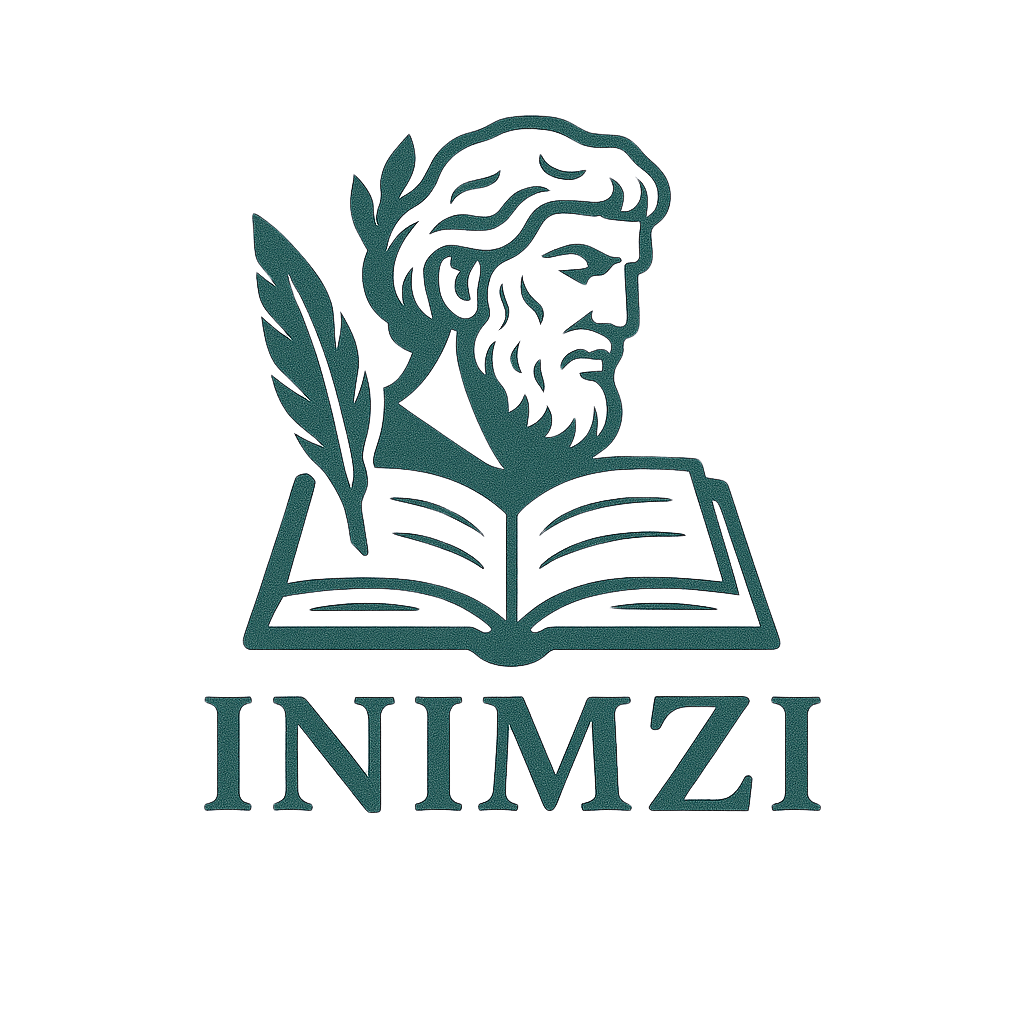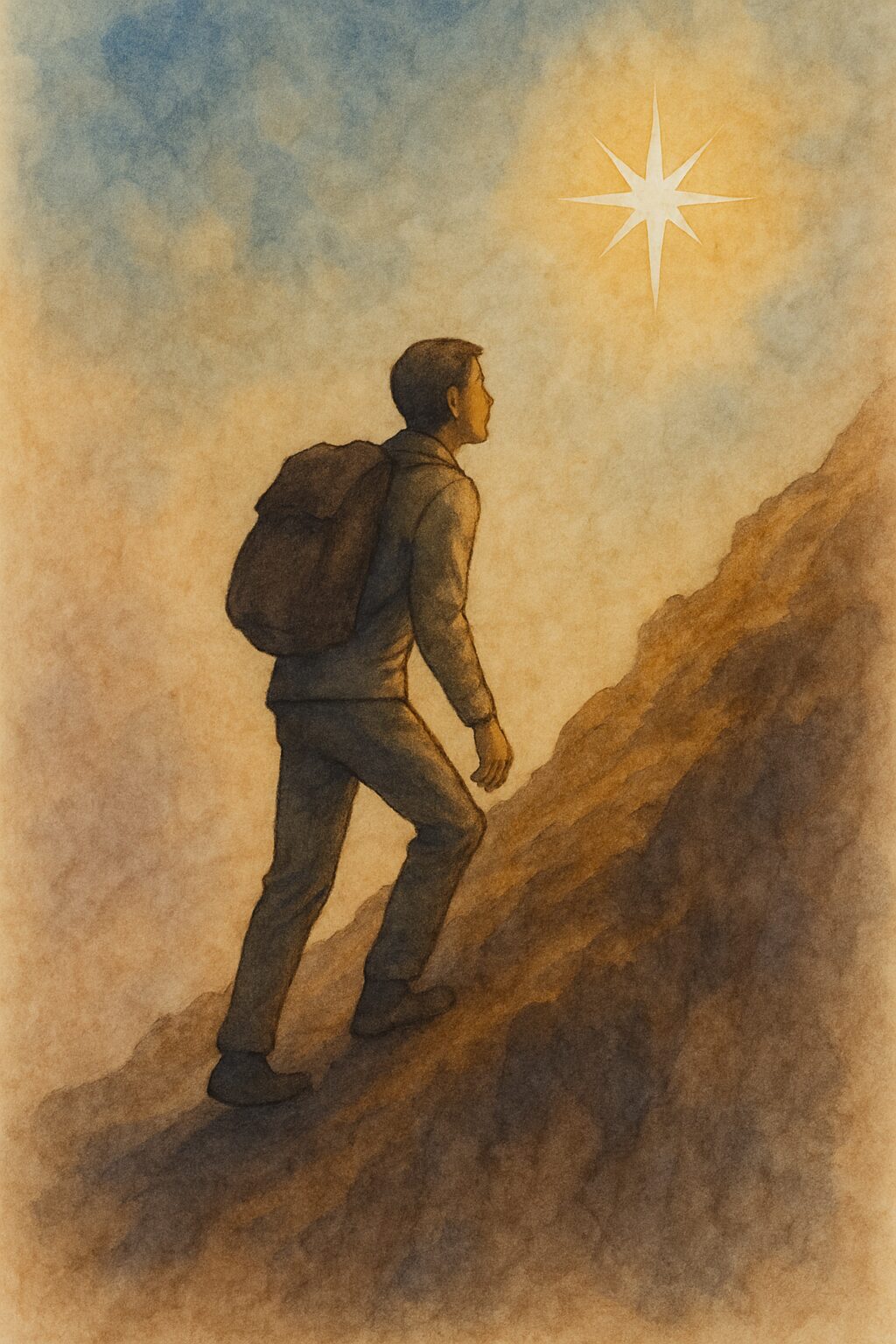Egos we bend,
And preconceptions are set aside,
We bow down,
To find the truth
And see the light.
Stiff minds break,
While Soft thoughts flow like water.
In a quiet surrender,
Wisdom whispers.
Our sure things are sand castles,
Washed away by new knowledge tides.
Empty hands, open hearts,
Make room to grow.
Truth’s not a thing to hold,
But an expanding horizon.
As we drop heavy guesses,
Our steps get light, quick.
To see clear, we first say
Our sight has limits.
When we know we’re blind,
We start to really see.
The light we want often hides
In the dark of what we think we know.
Only when we dare ask
Do we light our way.
Filed under: 🜁 Self – tracing the inner landscapes of thought, feeling, and becoming.

